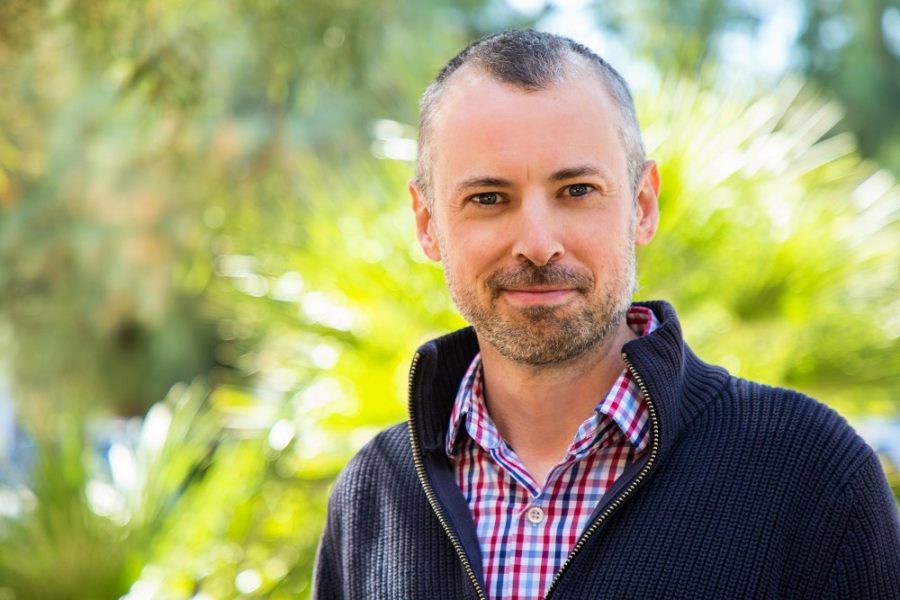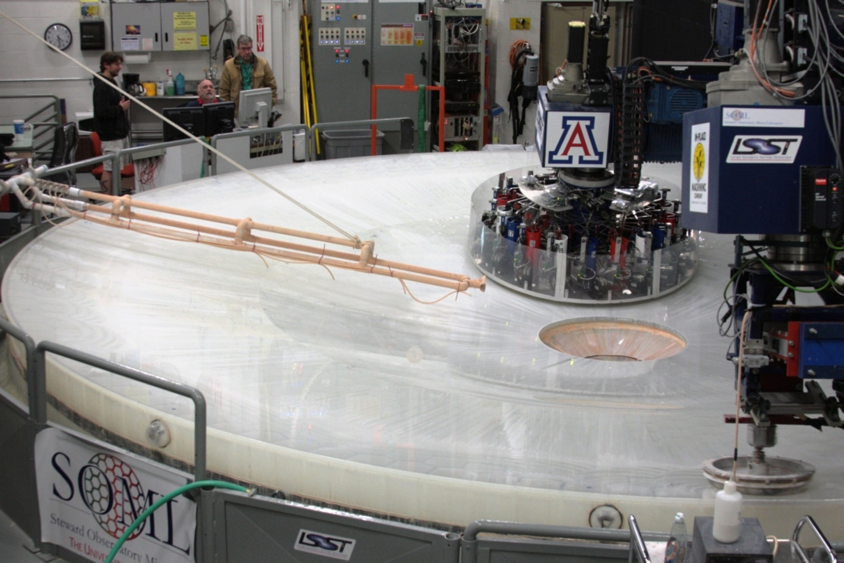The investigation into Russian collusion by Special Counsel Robert Mueller has occupied the minds of journalists, citizens and the president of the United States since the 2016 presidential election.
The evidence Mueller has collected remains unclear. So, too, does the history, power and protection of his role as special prosecutor.
In his new, nonpartisan book “Prosecuting the President: How Special Prosecutors Hold Presidents Accountable and Protect the Rule of Law,” UA law professor Andrew Coan sets out to answer these questions through colorful historical anecdotes and legal analysis, shedding some light on the role of special prosecutors in American democracy.
The Daily Wildcat spoke with Coan about his new book and how it can help us understand our current political situation. The interview has been edited here for clarity.
Daily Wildcat: How long have you been at the University of Arizona? What is your role here?
Andrew Coan: I am coming up on five years at the university. I am a professor of law and the associate director of the William H. Rehnquist Center on the Constitutional Structures of Government. Alongside writing, I teach constitutional law courses at the university.
RELATED: Dogs and DNA: study lead UA researcher finds canine personality traits linked to their genes
DW: What inspired you to write this book? What expertise did you bring to the table?
AC: Back in February 2018, everyone I knew was desperate to understand what special prosecutors are, how they work, what powers they have, and what the limits are on their jurisdiction. More than anything else though, they wondered how an official who looks so weak on paper can hold the most powerful person in the world accountable. I wanted to answer those questions for a general audience. I have been interested in the issues of constitutional law that arise because of special counsel investigations. This project gave me the opportunity to learn a lot of new things and shed some light on their role.
DW: Take me through your writing process. Did you discover any unique historical anecdotes along the way?
AC: I immersed myself deeply in the history before I started writing. I had to go all the way back to President Ulysses S. Grant, when in 1875 he appointed the first special prosecutor and subsequently fired him before his investigation was complete. Since then, American presidents of both major parties have appointed special prosecutors to signal their seriousness to get the bottom of allegations against their administration. The Teapot Dome scandal is the single most spectacular and audacious example of financial corruption in American political history. It began before the 1920 Republican nominating convention, when a group of unscrupulous oil barons bought the nomination for Warren G. Harding in exchange for oil drilling rights from the next secretary of the interior. Harding’s successor, Calvin Coolidge, appointed two special prosecutors, one Democrat and one Republican, to investigate the scandal after suspicious payments or bribes of over $100,000 were discovered by a Senate committee. In the end, those involved served jail sentences, but not before Coolidge repeatedly cut the prosecutors’ funding, forcing them to fund their investigation out of their own pockets.
DW: How does your book help us understand our current political situation?
AC: The biggest takeaway from my book is that at their best, special prosecutors work as a catalyst for democracy and raise the visibility of issues, making it difficult for presidents to interfere. Mueller’s ability to hold this president accountable is a function of democratic politics. The recent testimony of President Donald Trump’s nominee for attorney general, William Barr, demonstrates this powerfully. The hearing was an opportunity for the Senate and the American people to place political pressure on the president to let the Mueller investigation reach its natural conclusion. Barr signaled he would. What American people will tolerate from a president, we don’t entirely know, but whatever answer, the American people have a large role to play in the role of a special prosecutor.
RELATED: The Women’s March returns to Tucson with hundreds gathering in solidarity
DW: You’re releasing another book this year on the Supreme Court. Can you tell me more about that?
AC: My next book, “Rationing the Constitution: How Judicial Capacity Shapes Supreme Court Decision-Making,” is more of a traditional scholarly book aimed at law students and my peers. It tries to make an important point that anyone can understand, though: The Supreme Court is a relatively tiny institution compared to Congress, the President and the federal bureaucracy. It is capable of deciding only a small fraction of constitutional questions. Often, when it does decide key questions, it is forced to do so in a way that is unsatisfactory, choosing between two blunt instruments: deferring to another branch of government or making broad, blanket rules. Popular fears of judicial tyranny are overblown.
Coan’s book “Prosecuting the President”,” published by Oxford University Press, is currently available in stores and on Amazon.
Follow Randall Eck on Twitter









